Flying with diabetes requires proper planning and preparation. We’re here to explain everything you need to know about air travel and diabetes so you can avoid delays and disruptions and enjoy your trip to the fullest. Here’s everything you need to know before boarding!
Inform TSA of Your Condition and Supplies
National security concerns mean most passengers are checked at the airport. You should declare all medical items at the checkpoint and inform personnel if you wear an insulin pump. You don’t have to disconnect your insulin pump to be screened. TSA agents may check you by touching your body and using imaging technology and/or a metal detector.
When flying with diabetic supplies, store them in a quart-sized plastic bag so they’re kept separate from the rest of your items. Keep them in your carry-on bag so they’re easily accessible for screening and potential emergencies. Never pack any supplies or medications in your check-in luggage.
Certain items might be screened by hand or X-ray. If you don’t want your medications or other personal items to be X-rayed, inform the officer beforehand.
Bring Backup Supplies
Always include backup insulin and extra supplies, including a backup loaner pump if you use an insulin pump. Bring at least twice as many items as you think you’ll actually need when flying with diabetes. If you must purchase insulin abroad, be aware of the changes in volume and syringe sizes.
Pay Attention to Temperature
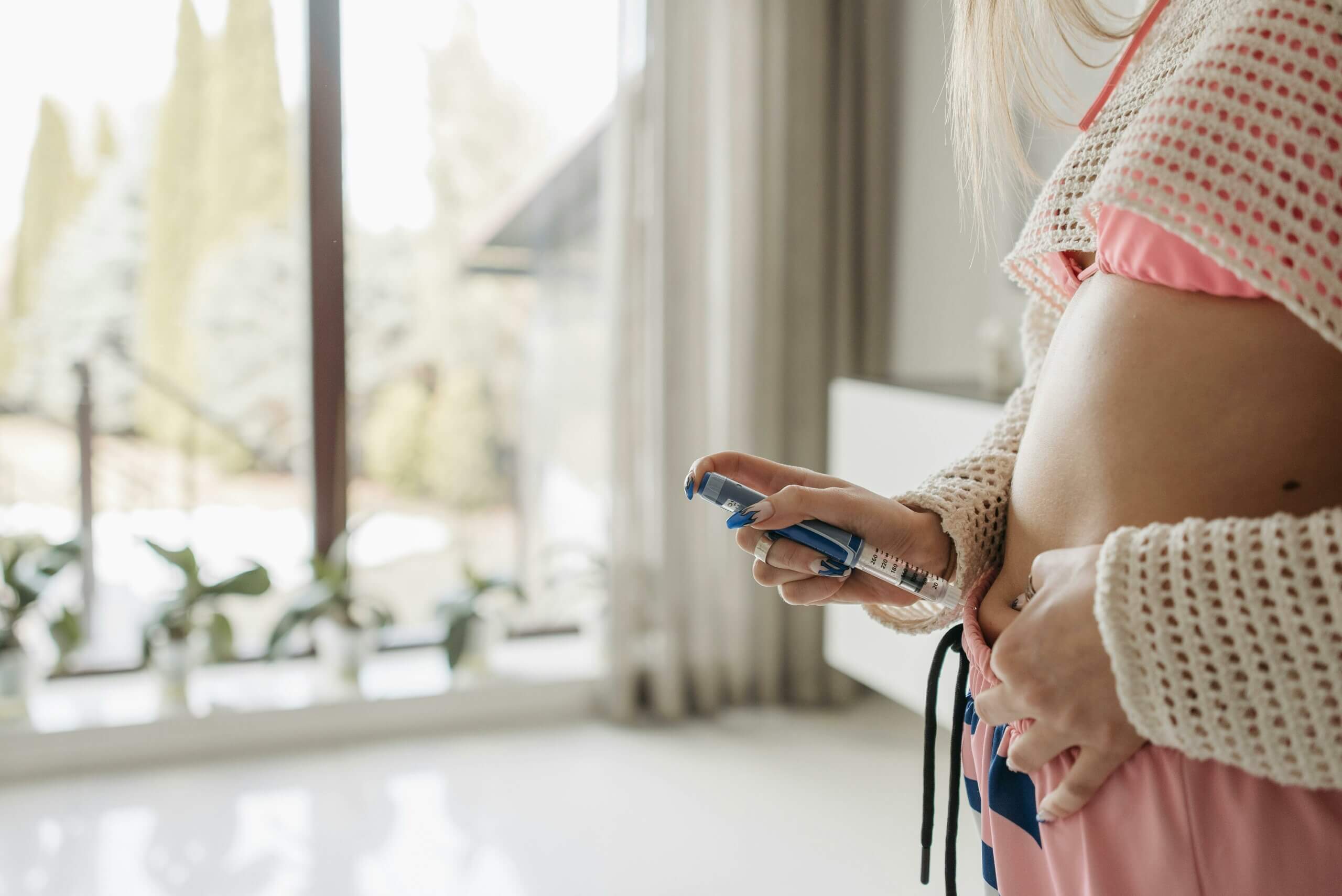
Follow Your Usual Self-Management Routine
Try to stay as close to your regular routine as possible during your trip. As you get ready for flying with diabetes, don’t forget to pack snacks for the flight. You can keep them in an insulated bag with a freezer pack or pack non-perishable snacks. Carry glucose products such as tablets, shots, or gels, so you’re always prepared to treat low blood sugar levels. Stay extra hydrated on the plane with water.
Talk to a Health Care Professional Before Leaving
Make an appointment with a health care professional before you leave on vacation. Inquire about schedule changes and the administration of insulin and other medications. Talk about time zones and changes in insulin timing and amounts.
When flying with diabetes, carry a note from your doctor that states that you have diabetes and must have medication with you at all times. If you’re visiting a foreign country, have a translation of the note in the local language. Give a copy of the note to the people traveling with you in case of emergencies.
Inform Travel Companions About Your Condition
Be vocal about having diabetes, and let the people you’re traveling with know about what you must do to stay healthy. Advise them about how to handle emergencies.
Wear a medical identification bracelet when you air travel with diabetes. Even if you’re flying with diabetic supplies that show your name, it’s important that your information is readily available should an emergency occur. The bracelet should state that you have diabetes and list an emergency contact number. Additionally, enter an emergency contact number on your cell phone in case you’re unable to communicate.
Exercise Caution When Eating & Drinking
Be aware of the servings of carbohydrates in the new foods you may eat. Research local foods and drinks before you go on vacation to find out the best choices. Use diabetes testing kits to check your blood sugar before and after meals to see how foods are affecting your blood sugar levels. Even though you’re flying with diabetes, it’s especially important to keep your blood glucose in check when you’re in unfamiliar environments.
Be Aware of Time Zone Changes
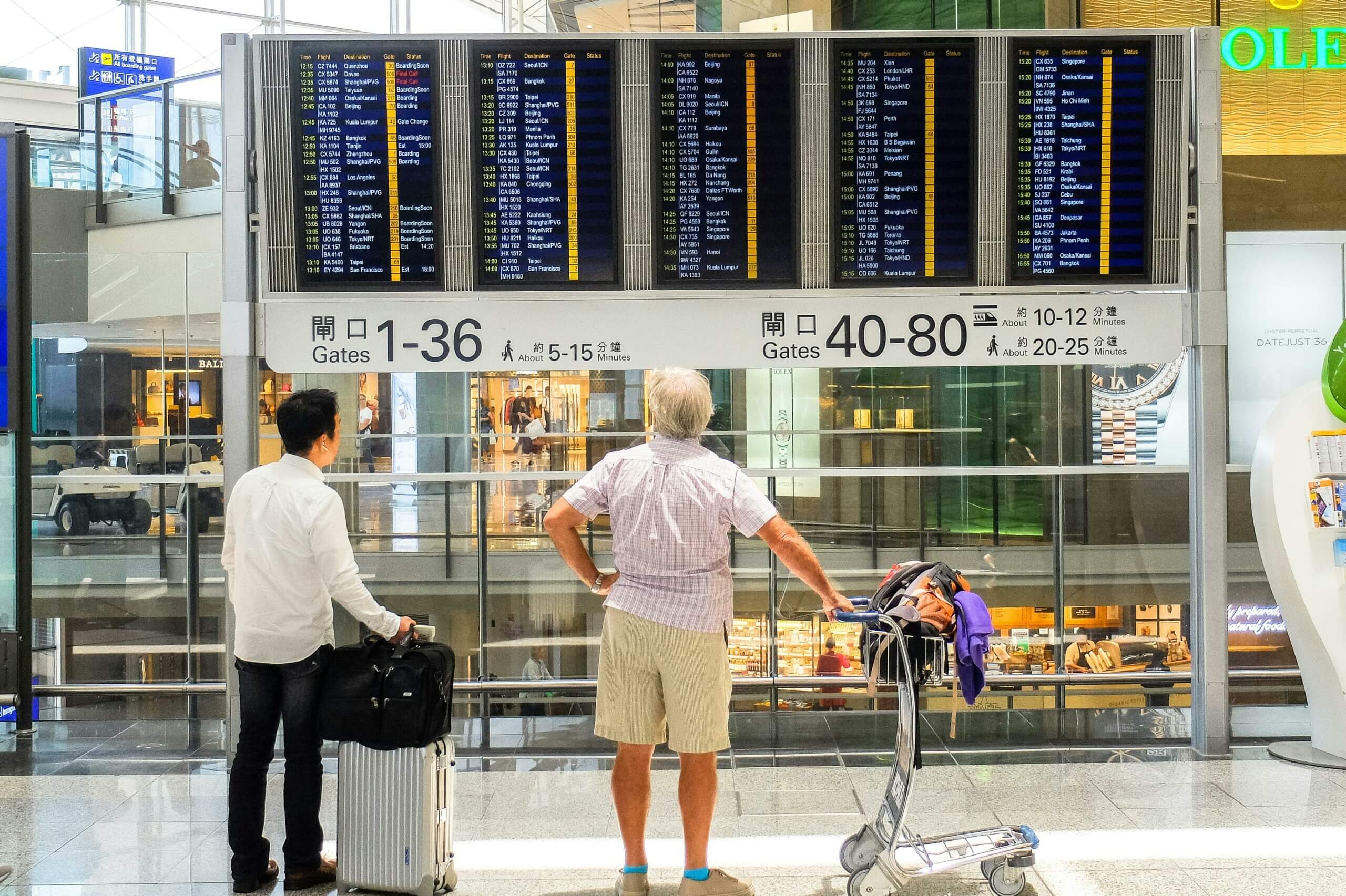
Take Care of Your Body
Traveling often means walking around and sightseeing. Protect your feet by wearing foot care products, such as diabetic socks and comfortable shoes. When flying with diabetes, don’t overlook everyday essentials that improve your quality of life. When it comes to air travel and diabetes, think about the big picture—not just the flight there and back.
Bring other footwear options, such as water shoes to wear at the beach or pool and slippers to wear in your room. Besides taking care to protect your feet, be sure to check them regularly for blisters, redness, cuts, and swelling. Wear sunscreen to prevent sunburn.
Consider Signing Up for Global Entry
You may want to look into Global Entry, which is a program that allows you to skip long security lines after being screened privately and pay a 5-year fee. This is especially helpful if you plan on flying with diabetic supplies regularly.
Check Your Health Insurance Policy
Look into your health insurance policy prior to traveling. In addition to making sure that it’s up to date, you may decide to supplement your policy with more insurance or with a plan for evacuation in case there’s a serious problem.
Save on High-Quality Diabetes Essentials Today
Before heading out on your next adventure, stock up on essentials for less at ADW Diabetes. From insulin syringes and diabetes lancets to CGM supplies and insulin pump supplies, we carry everything you need to enjoy a safe trip.
For more information about flying with diabetes, read this helpful blog: Traveling With Insulin: Tips for Packing Essentials and Managing Diabetes on the Go. When it comes to air travel, diabetes doesn’t have to be a major obstacle. Just make sure you plan carefully. Order discount diabetic supplies for your next getaway!
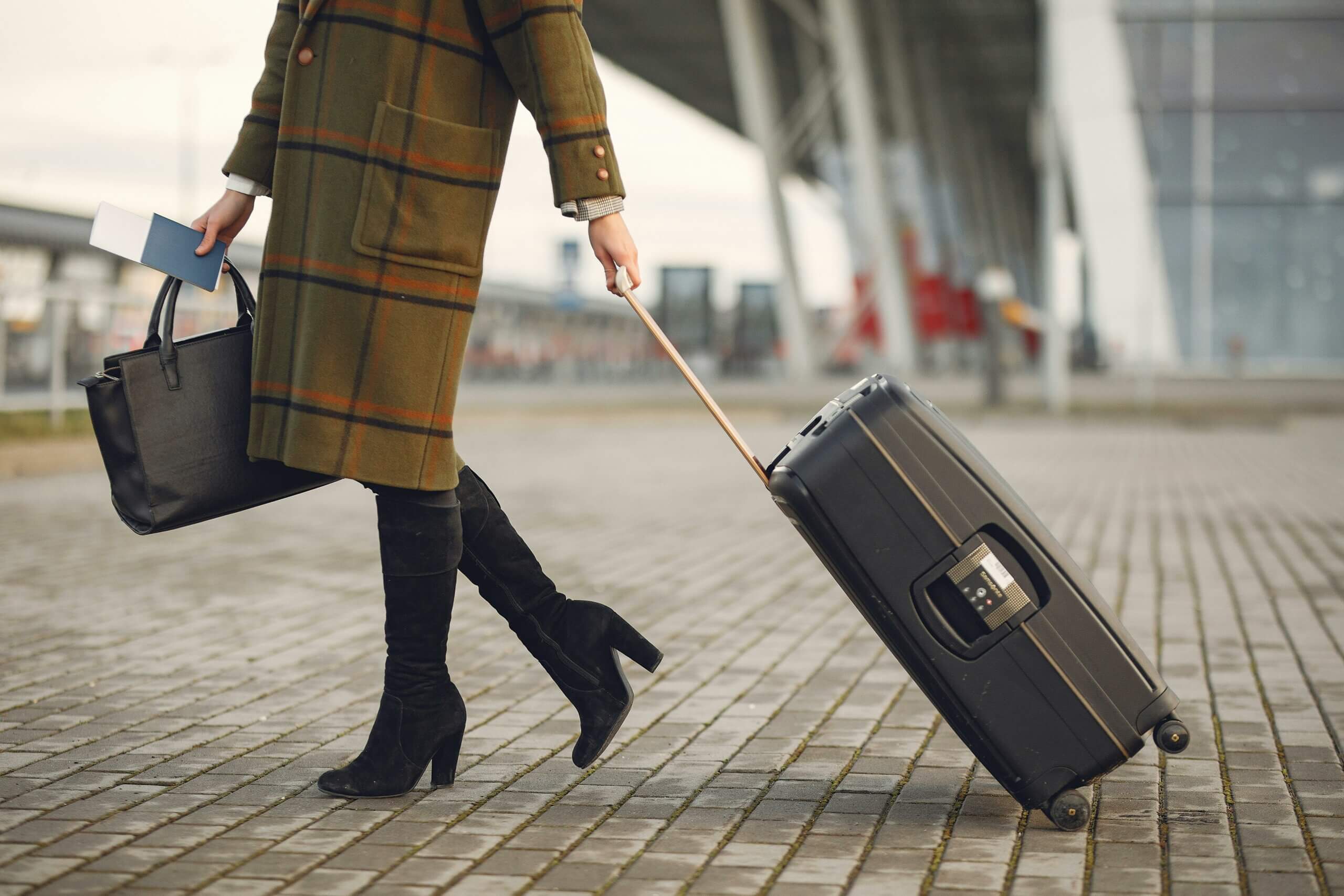
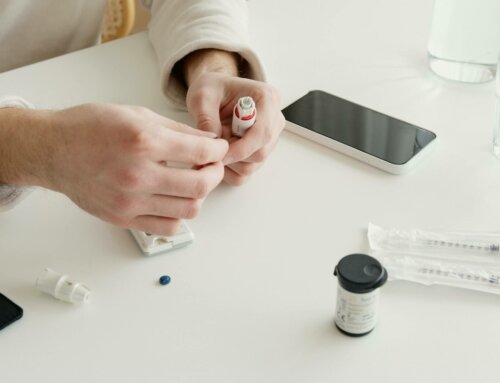


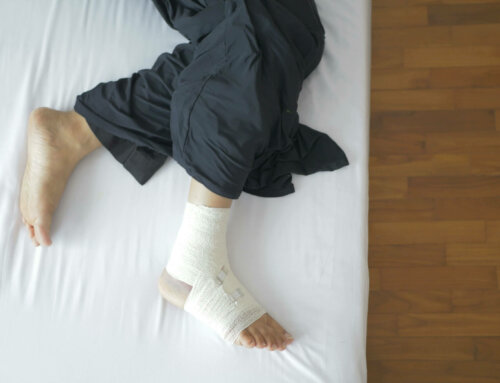


Leave A Comment